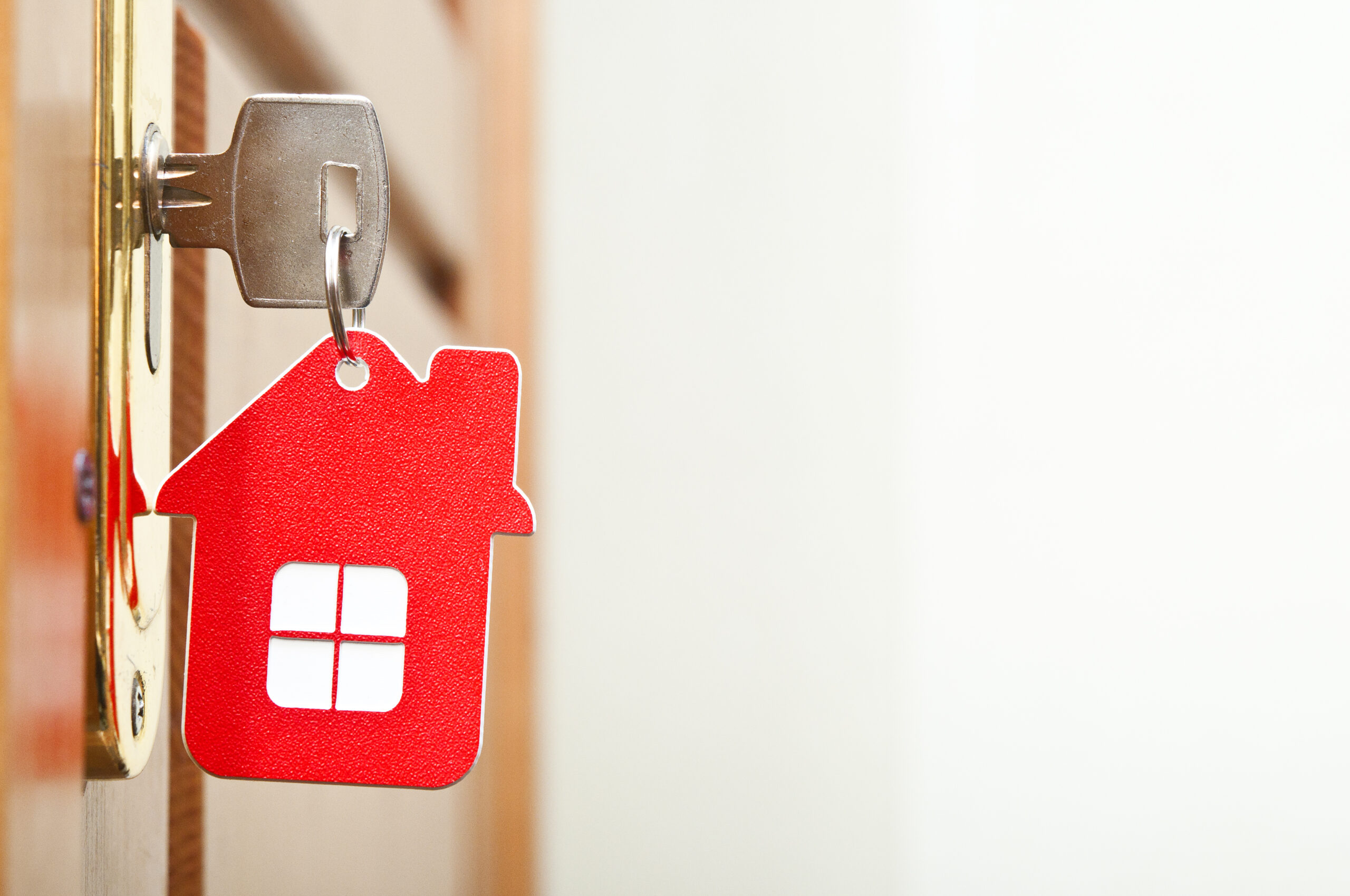It’s the holiday season and you may be traveling out of town. So, you might be thinking, “Why don’t I list my home as a short-term rental? Someone can stay it in, while I stay somewhere else.” Kill two birds with one stone, right? Someone “watches over your house” while you make some needed money during this time. Or maybe you have a second home that you would like to rent out. Companies like AirBnb, HomeAway and Vrbo make this process easier than ever. But before you log-on and list your home, make sure you’re prepared and able to do so. Some things to consider:
Know Your Regulations
Not all cities facing an increase in home-sharing see it as a win-win. Many municipalities are only now coming to terms with the economic impact of the trend, and, as a result, are passing new regulations that are often designed to curb its development. Ask your local agencies questions before signing up with Airbnb, or other service. Does your city or county have a framework for short-term rentals? Are there any legal restrictions? Do you need a license, and if so, how expensive is it?
Know Your Neighborhood
Before you move forward with your plans, think carefully about the impact of a short-term rental on your neighbors and neighborhood. For instance, will your neighbors have to compete with guests for on-street parking? Will your neighbors feel less secure with strangers in their neighborhood? You don’t need to get your neighbors’ permission before renting rooms to others, but as a courtesy, you’ll want to let your neighbors in on your plans. Additionally, if you have a home owner’s association, they also may have rules or regulations about short-term rentals. You’ll want to establish clear house rules for your guests, especially about noise or late-night outdoor socializing.
Know Your Coverage
This is the scary part. In London, a short-term renter threw a party for 100 people, unbeknownst to the homeowner, during which floorboards were destroyed and a television pulled off a wall. Instances like that are rare, but they remind us of the risks that come with letting a stranger into your home. It’s important to make sure you’re covered. Home-sharing companies such as Airbnb or HomeAway offer basic insurance coverage, but what they offer may not be enough, or could be severely limited by exclusions. Your best option is to ask your insurance provider about the nature of the protection, liability coverage and deductible.
Sharing you home with others can be a great way to make extra money – especially during the holidays when every penny counts. Just make sure you’re well prepared to make the commitment.


